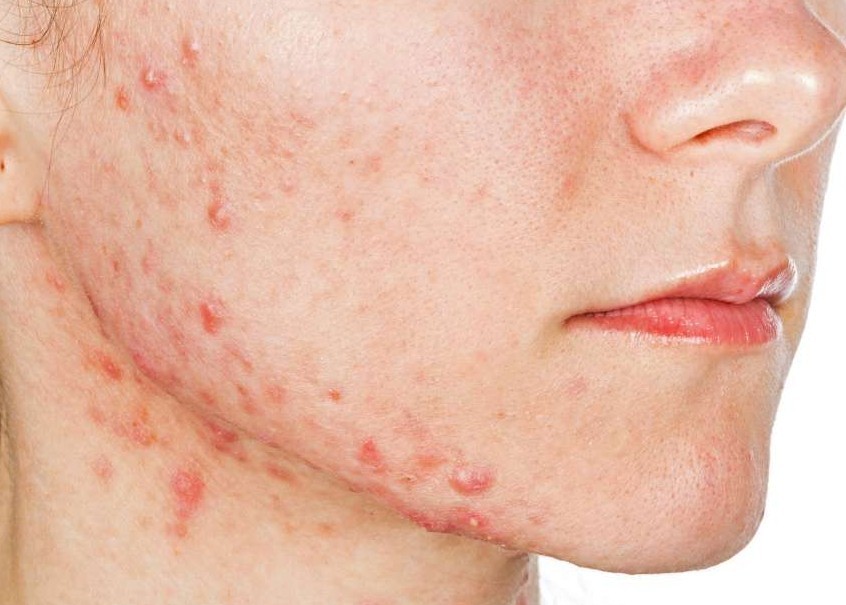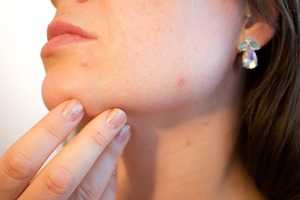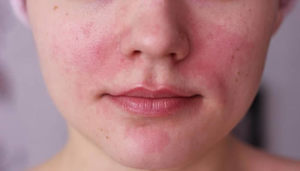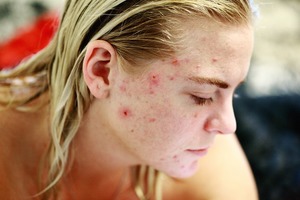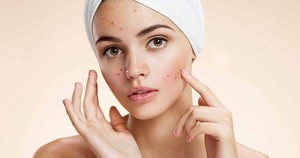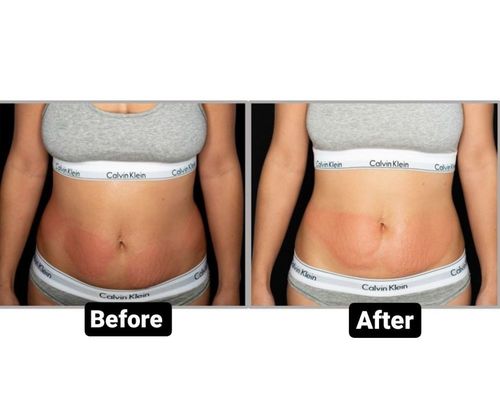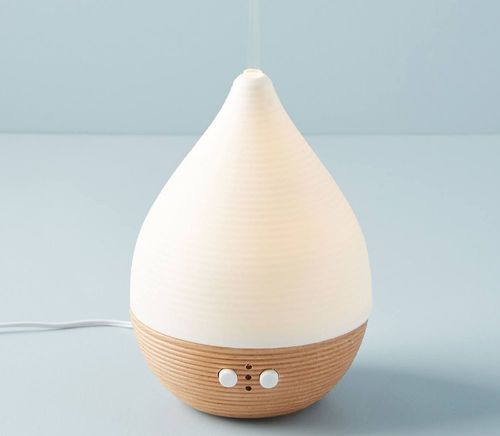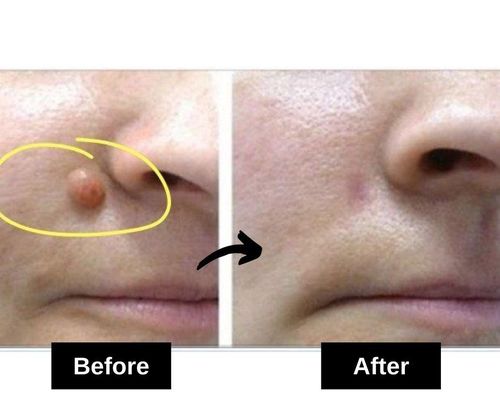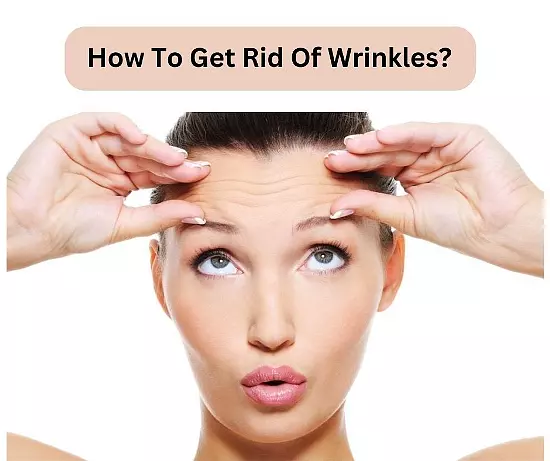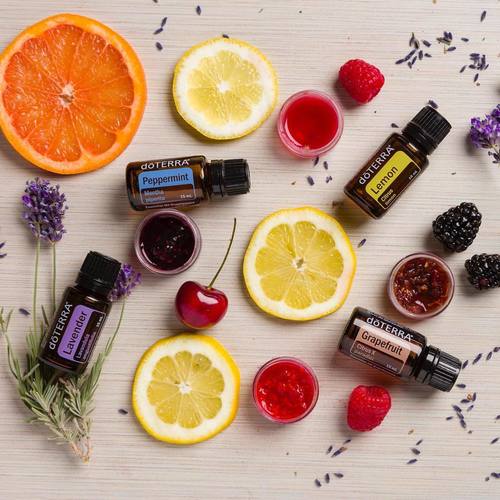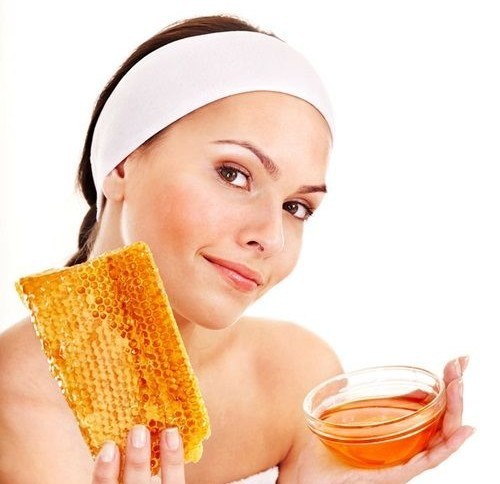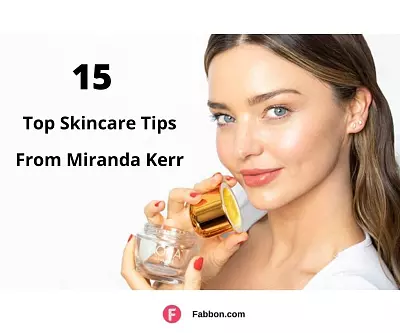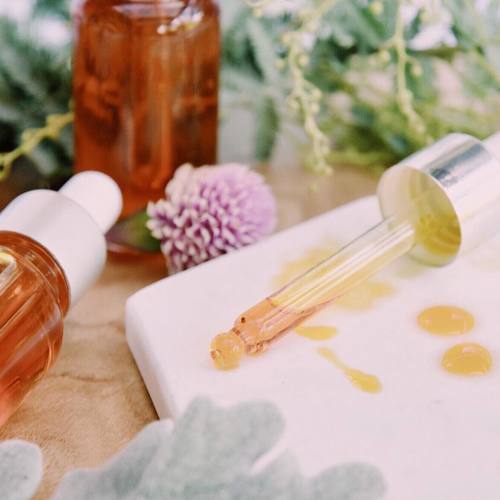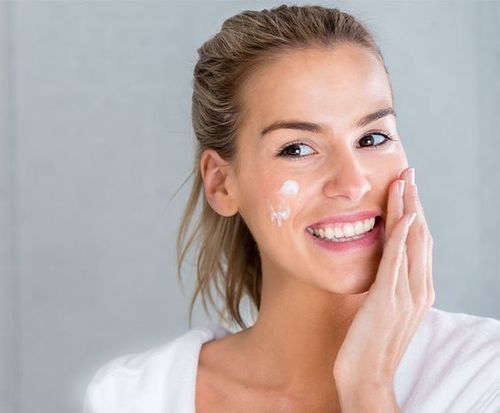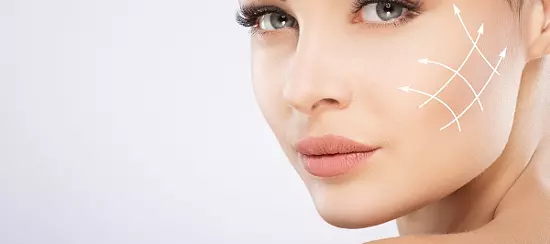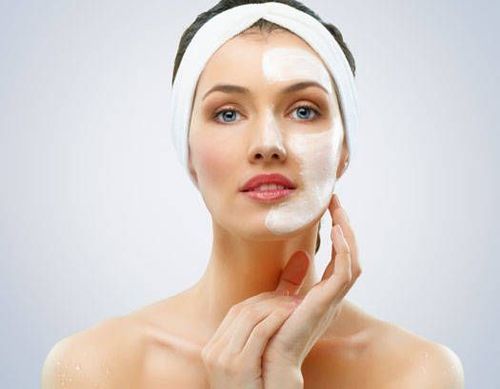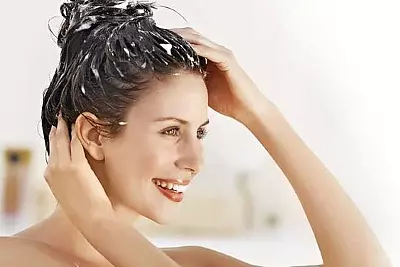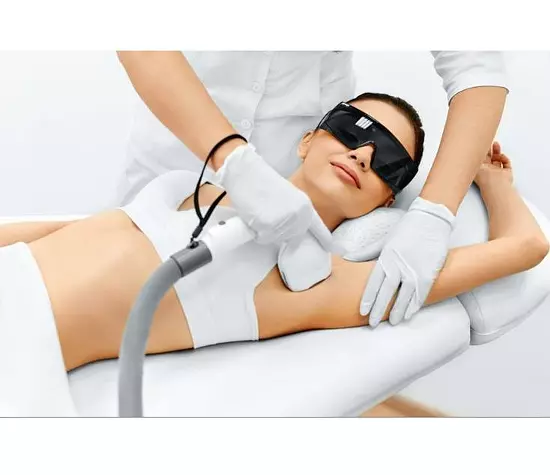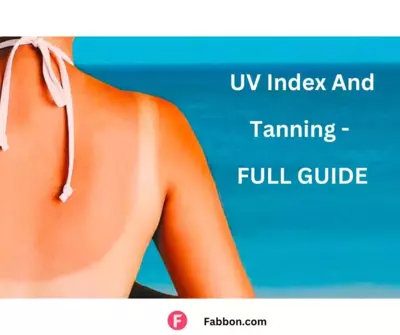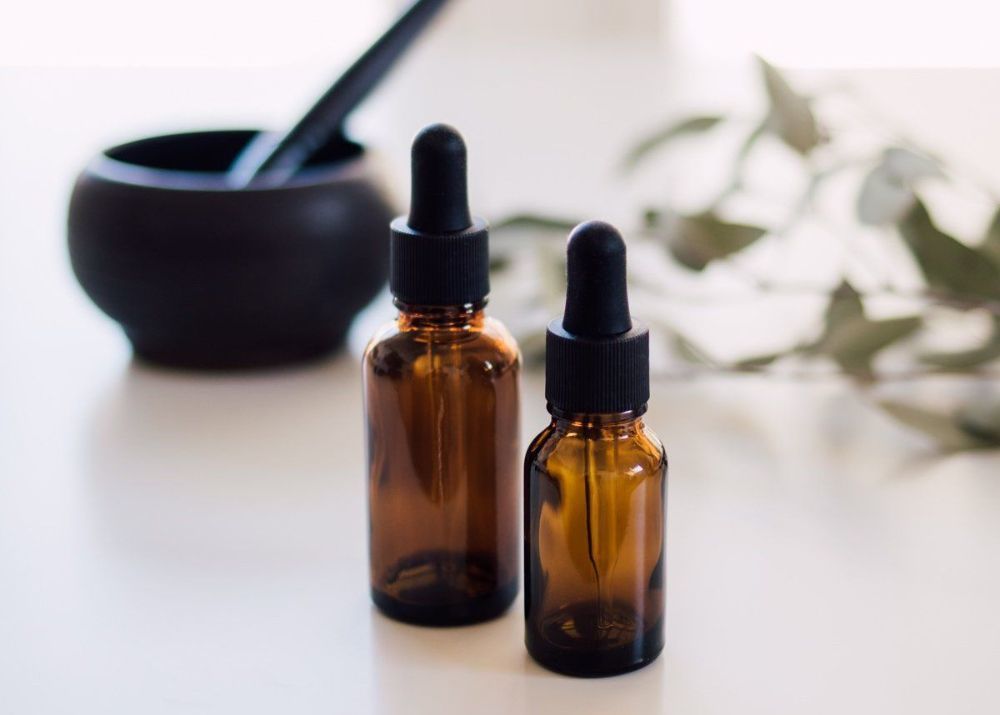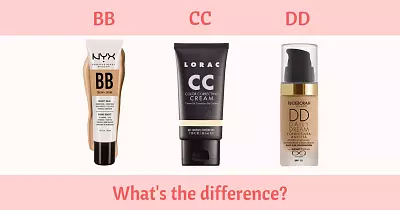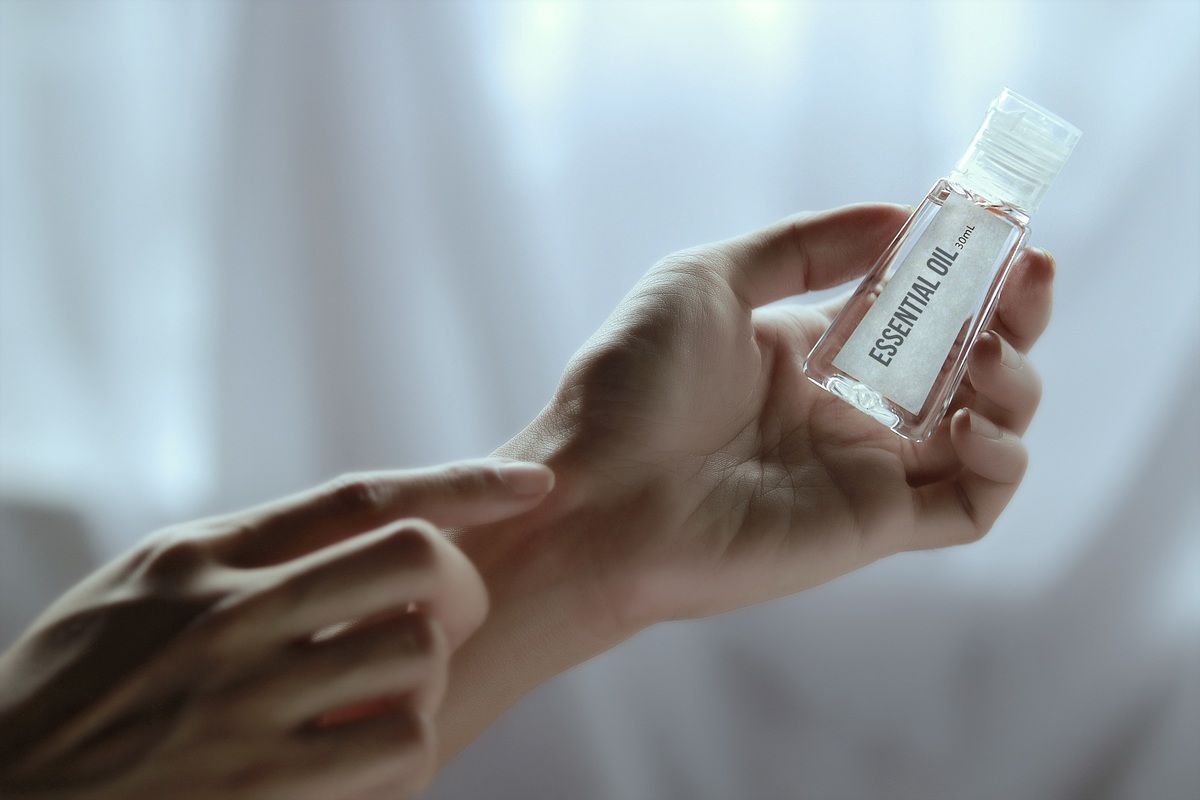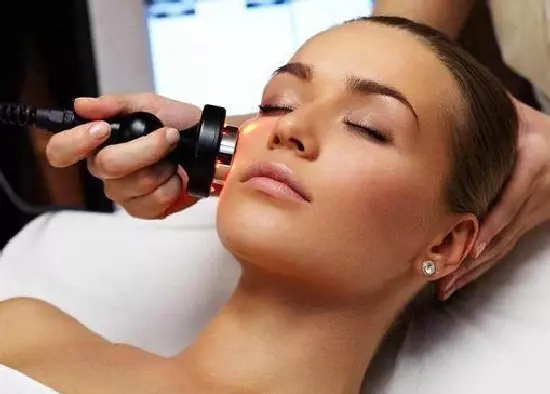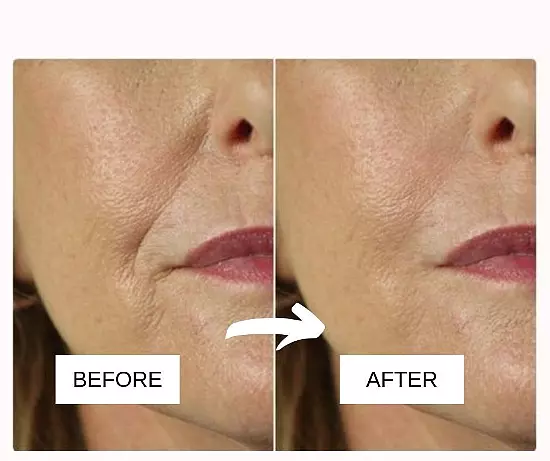Cystic Acne: Causes, Treatment, Symptoms And Prevention
Maheroo Butt
Updated At 14 Sep 22
Are you worried about acne? Not all the acne or pimples are similar and some like cystic acne might need treatment quite early as it can give you severe inflammation and scars.
We explain cystic acne causes alongwith cystic acne treatment. Additionally, we also list the home remedies so that you are aware of cystic acne home treatment .
Our guide on cystic acne would cover:
- What is cystic acne
- Cystic acne causes
- Symptoms and prevention
- Cystic acne treatment
- Home remedies
- Foods to eat & avoid
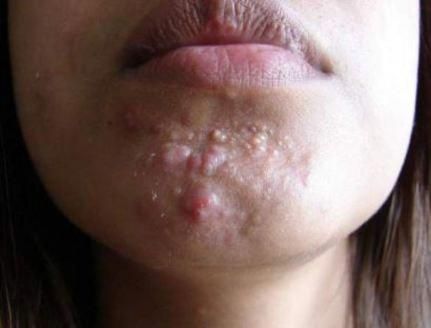
What Is Cystic Acne?
Cystic acne is a rather severe kind of acne, which is the resultant of blocking of pores causing inflammation, scars and infection.
This type of skin condition usually affects the facial areas and even the upper half of the body to an extent. It is the most severe kind of acne and affects only a few people. This skin disease lasts longer and stands to be more painful.
Cystic acne is a form of acne associated with long-standing, painful nodules of the face, back of neck, chest, and back. In general, acne conditions goes through certain forms.
Cystic acne is the final stage of the progressive acne and if not treated in time, these collections of inflammatory material can cause significant scars.
Cystic Acne Causes
There are various Cystic acne causes but the depending upon factors like your skin type, hereditary factors, diet, pollution, the specific cause can vary for every individual.
1. Excessive sebum secretion
One of the most common cystic acne causes, excessive sebum secretion can led to this form of acne.
The skin pores have sebaceous glands, which secrete an oil called sebum. This secretion assists in protecting the skin and hair follicles.
However, if sebum is secreted in an excess amount, it can plug the pores, causing cysts formations on the skin.
2. Hormonal changes
While cystic acne causes vary as per individual, hormonal changes is another main cause which needs to be looked after.
The hormonal changes in the body directly reflects the skin health, especially during the adolescent age. The puberty stage leads to the increase in androgen hormones that causes a rise in sebum production leading to this form of acne.
3. Weather conditions
Any extreme weather condition can cause your skin to break out. Be it extreme exposure of sunlight, humidity level, winters and more; your skin can be affected severely due to the climate changes. This in turn can lead to severe forms of acne.
4. Hereditary
Hereditary factors can have a causal relationship. If anyone among the close relatives or immediate family members has a history of cystic acne, there is quite a possibility that the same will be passed on through the genes.
5. Cosmetic products
Cosmetics and their chemical formulation play a very important role in degrading the skin health because of the usage and the content they are made of. Certain kinds of products are too greasy and oily to suit the skin comfort level and can ultimately be one of the leading cystic acne causes.
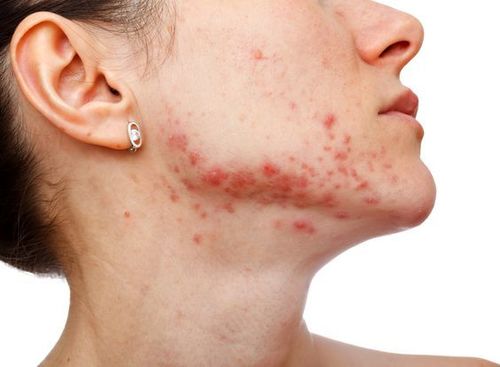
Cystic Acne Symptoms
Cystic acne symptoms are distinctly visible because it produces cysts and nodules alongside inflammatory papules.
1. Recurring and large cysts and nodules
Cysts are the tiny knots that are formed on the surface and deep beneath the skin layer. It can be full of inflammatory material that might cause a lot of redness and even pain. These nodules start of as whiteheads or blackheads but if not treated for a long time, they can take the form of large nodules and cysts.
2. Scarring
One of the most severe forms of acne, the cysts leave long-lasting red and dark spots on the skin leaving the skin damage to be permanent.
3. Inflammatory pustules and papules
Cystic acne is known for the formulation of painful nodules, bumps, pus-filled pimples on the face and other parts on the upper half of the body, including neck, back, arms and chest.
4. Shallow depression
The worst part about cystic acne is that it forms small and deep scars, known as ice pick scars. These shallow depressions have the potential to produce long term damage to the skin.
Another common skin concern is hyperpigmentation. Do know the various hyperpigmentation types, treatment options and precautions one needs to take before finalizing the treatment plan.
Also Read: What Causes Back Acne And How To Get Rid Of Back Acne?
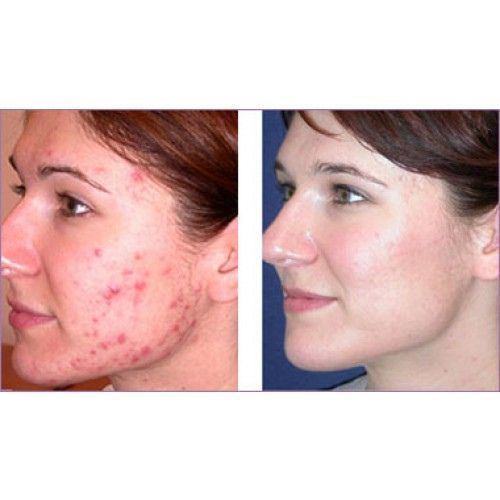
Cystic Acne Treatment
A normal pimple develops on your skin when the pores get clogged, either with an excess of sebum or accumulation of dead skin. At times, even the bacteria get trapped inside and makes a pimple red swollen and painful too.
In the later stage, when this infection goes deep into the skin and creates a big bump full of pus, it forms a cyst. If this cyst pops open, the infection can even spread to the other areas of the skin.
Cystic acne is the most severe version of general acne. Along with the skin care routine and general home remedies, cystic acne treatment needs to be undertaken professionally with the help of a specialist or a dermatologist. This is because cystic acne causes long-lasting and permanent damage to the skin and the drugs used in the treatment are highly controlled by the doctors, depending upon the skin type.
1. Medications
Dermatologists usually write down the medication for controlling cystic acne and includes only tested drugs like
- Benzoyl peroxide: People with general acne conditions and severe acne problems can take any medicine with the formulation of benzoyl peroxide to control cystic acne. The formulation is available in both alcohol and water-based suiting all the skin types. Apart from the oral pills as well, there are various cystic acne creams available for curing the same.
- Isotretinoin: A prescription drug for cystic acne treatment exclusively. It is an extremely effective treatment method. Usually a dose of 1mg for every kilogram of body weight once daily is recommended. The time period for treatment can vary from 15 to 20 weeks. However, this drug might also cause significant side effects.
Note:- Before starting any medication, do consult your doctor first.
2. Steroid injections
A corticosteroid medication is injected directly in the cyst which reduces the inflammation and scarring.
This treatment is only carried out by a professional dermatologist. Though effective this can cause certain short-lived side effects to the body as well.
3. Laser treatment
Cystic acne even when cured, can leave long-lasting damage to the skin because of the intense scars. Hence, if one is looking for a solution to remove the scars, the laser treatment is an effective option.
A normal person would take around 6 to 7 sittings of laser therapy to get rid of the scars. However, it brings along many complications as well so be careful before making the final decision.
4. Subcision method
Apart from laser method, for more severe cystic acne scars that are deeply embedded inside the skin, there is an intensive cystic acne treatment known as subcision method.
It involves the usage of a needle to loosen the nodules physically which helps the skin to pop out in a better way.
Also Read: What Are Whiteheads?
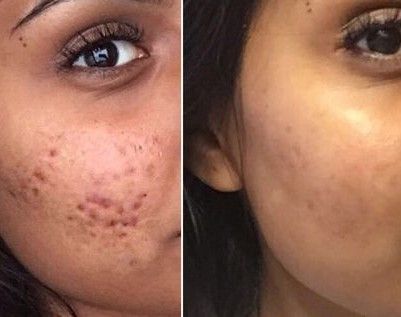
Cystic Acne Prevention
Since cystic acne is the severe stage of acne, adults are more prone to this skin condition. Thus, adult cystic acne can be prevented by implementing simple measures in your daily routine.
Apart from the medications, there are several cystic acne home treatments that can help in preventing this condition.
1. Wash your face regularly
Cleansing your face is a very important part of skin care routine. However, you don’t always have to deep cleanse the face. Just wash your face twice in a day with mild soap or products like Neutrogena oil free acne face wash considered as the best face wash for cystic acne and some lukewarm water.
2. Avoid scrubbing and scratching
Don’t scrub your face using exfoliators or aggressive soaps if you have acne. Touching, squeezing and popping the pimples will only worsen the acne condition and will not do any good to skin.
3. Say no to heavy makeup
If your skin is acne prone, avoid using oil based makeup. Stick to only water based makeup and always remove the makeup before sleeping, so as to prevent the products from clogging the pores.
4. Avoid sun exposure:
Sunrays have harmful rays that can highly damage the skin. Cysts and nodules get even more painful and red if exposed to the extreme weather conditions.
Also Read: 13 Amazing Honey Face Masks To Get Clear And Glowing Skin
Effective Cystic Acne Home Remedies
Yes, cystic acne home treatment is possible and there are various home remedies which one can use to control this acne type.
These home remedies may not remove cystic acne completely but it can help you to manage the condition.
1. Ice cube therapy
Ingredients: Handful of Ice cubes
How to: Take an ice cube and gently massage it over the affected areas in a circular motion, till the coldness of the ice soothes down the skin
Frequency: Carry out the procedure three times a day
Why it works: Ice cubes have amazing quality of soothing the pain and inflammation down. It also decreases the swelling and pain of the nodules pain. It also calms the itching on the nodules and makes the skin hydrated.
2. Vinegar cleanser
Ingredients: White vinegar diluted with water
How to: Put a spoonful of white vinegar and two tea spoon of water in a cereal bowl and let a cotton pad sit for a while on it. Take the pad and gently apply it on your face. Wash it after 10 to 15 minutes and dry dab your face with a clean towel
Frequency: Repeat the procedure twice in a day
Why it works: Vinegar has anti-bacterial properties which prevents any in growth of bacteria on the skin and also cleanses it well. The anti-inflammatory property also helps in reducing the swelling of the cysts.
Also Read: Here Are The Reasons Why Face Peels Give You A Glowing Skin!
3. Tea tree oil
Ingredients: Tea tree oil
How to: Gently massage the oil using your fingers in a circular motion over the affected areas and rinse off your face after a while.
Frequency: Twice a day
Why it works: Tea tree oil has anti-inflammatory and anti-microbial properties which helps the skin to remain healthy and avoid breakouts. It also reduces the dryness, itchiness and swelling caused due to the acne condition.
4. Turmeric mask
Ingredients: Turmeric powder and water
How to: Mix the turmeric powder and water in a bowl till you achieve a thick paste texture. Apply the paste on your face and let it sit for 10 to 15 minutes. Wash your face with cold water after the paste gets dry.
Frequency: Twice a day
Why it works: Turmeric contains curcumin, which is an anti-inflammatory agent that helps to reduce the inflammation.
It has very high levels of anti sepctic and anti-bacterial properties that prevents the bacterial attack on skin. Turmeric also dehydrates the skin that drains the pus out from the cysts.
Foods To Eat
Prefer the following foods if you are suffering from severe acne.
- Foods rich in Zinc - Foods like cashew, pumpkin and quinoa are rich in zinc and help to regulate the hormones.
- Probiotics - Add these to your diet as it can provide your digestive system.
- Omega-3 Fatty Acids - Foods rich in omega 3 fatty acids naturally fight the inflammation hence, add foods like Fish (especially salmon) and walnuts to your diet.
- Low Glycemic Index Foods - Consume foods with low glycemic index as it controls acne. You may prefer whole grains bread, fruits like apple and pear, chich peas and others which have a low glycemic index.
Foods To Avoid
One needs to avoid certain foods which can aggravate inflammation.
- Cow Milk - This often contains high levels of progesterone which can tweak your hormonal balance.
- High Glycemic Index Foods - Avoid most of the processed foods like pizza, pastas, rice cakes, white bread and others as these can increase acne.
- Red meats & Sugar - Limit the intake of processed food like sugar. Also avoid foods like red meats as it can increase inflammation.
Related Articles

